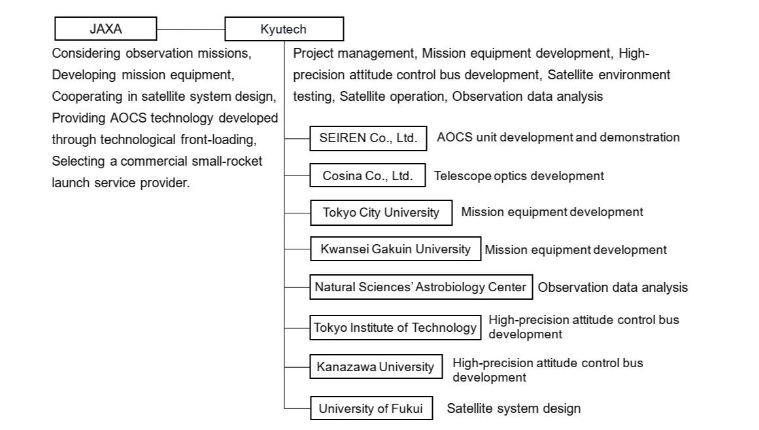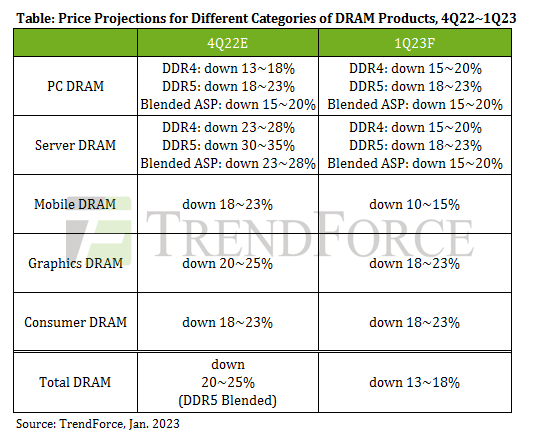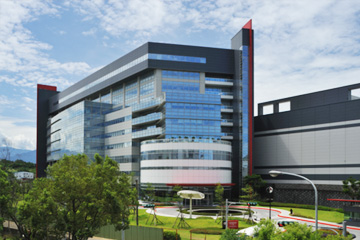
Using a 6U-sized (10cm x 20cm x 30cm) nanosatellite with high-precision attitude control, the work will be done under the JAXA Small Satellite-Rush Program, part of wider Industry-Academia “JAXA-SMASH” initiative. Basically, it’s looking to build Japan’s domestic capabilities for developing AOCS (attitude and orbit control system) units and and telescope optics.
Jaxa writes:
“This mission seeks to elucidate the star formation history by observing the cosmic background radiation, the total amount of light emitted from the early universe to the present, using a 6U-size nanosatellite with a small-aperture telescope. An additional aim is to generalize and expand the use of a high-precision attitude control bus equipped with an integrated attitude and orbit control system (AOCS) unit for nanosatellites.”
In terms of project responsibilities, Kyutech will be responsible for project management, mission equipment development, high-precision attitude control bus development, satellite environment testing, satellite operation and observation data analysis.
“Kyutech has organized a project to develop a 6U (10cm x 20cm x 30cm) satellite mission equipped with a wide-field telescope, aiming to accomplish the mission of observing the cosmic optical background as well as standardize the 6U-size satellite bus and expand its use across a broad range of applications.”
It will also be responsible for two other areas, in cooperation with Japanese companies. The 1U-size (10cm x 10cm x 10cm) AOCS unit development and demonstration will be undertaken with SEIREN, and telescope optics development in cooperation with Cosina.
Specifically, SEIREN will be working to improve the performance of high-precision AOCS units and producing the units in Japan, while Cosina will be working to expand its manufacture and sale of Earth observation telescopes for nanosatellites.
JAXA will be in charge of choosing the observation missions, developing mission equipment, cooperating in satellite system design, providing AOCS technology and selecting a commercial small-rocket launch service provider.
Kyutech and JAXA will be jointly developing the satellite itself with Tokyo City University, Kwansei Gakuin University, the National Institutes of Natural Sciences’ Astrobiology Center, the Tokyo Institute of Technology, Kanazawa University, and the University of Fukui. A full organisational chart is pictured, above.







